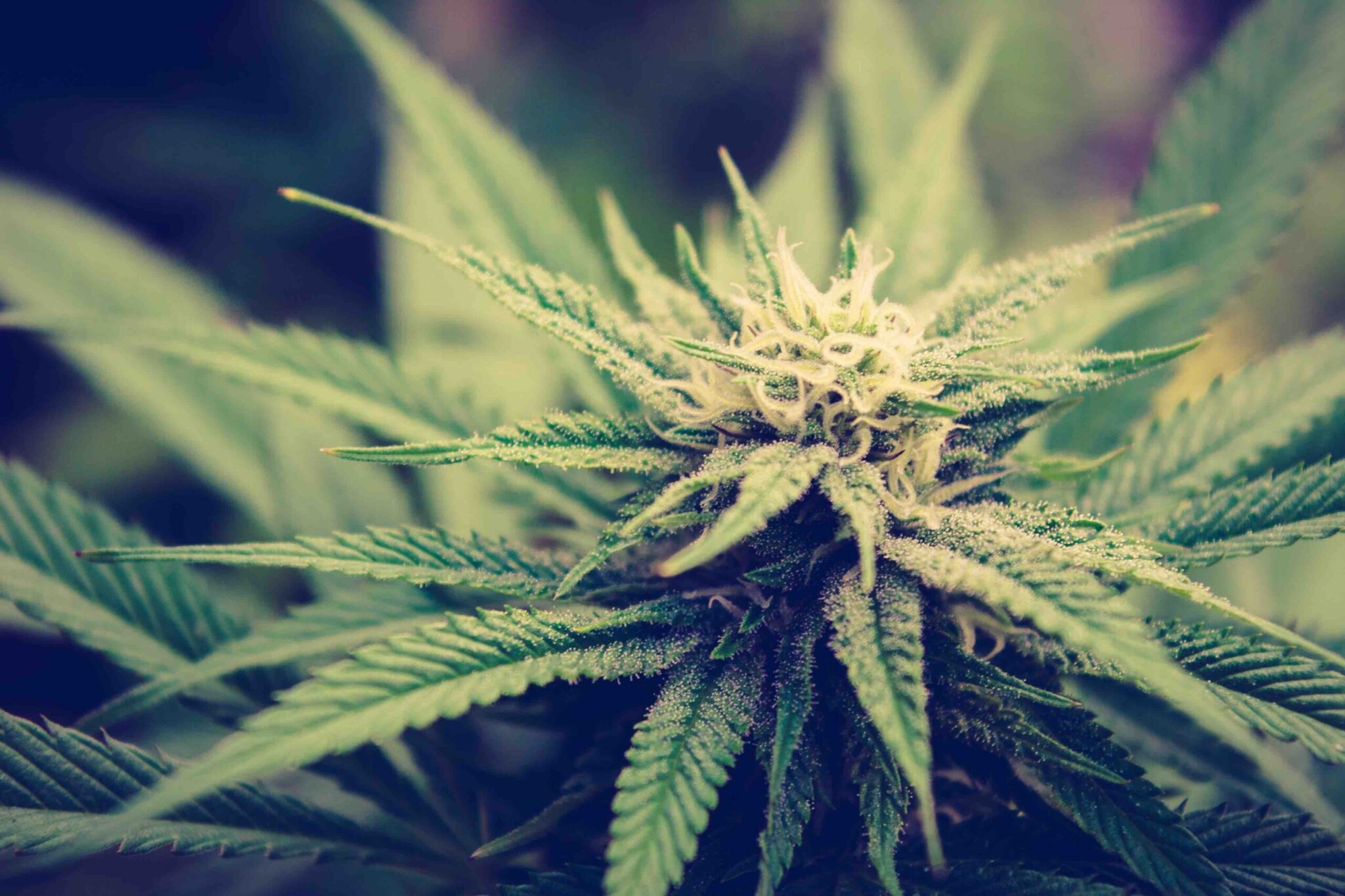Tracy Tiernan - April 15, 2025 - Criminal Defense, Drug Crimes

Drug laws have changed a lot since the original passage of the federal Controlled Substances Act in 1970. Researchers are constantly developing new drugs and seeking their approval for medical use; meanwhile, previously unknown drugs turn up in the illegal drug supply. It often takes a few drug busts and drug-related medical emergencies or overdoses before the law takes a position on a new drug. Of course, some drugs occupy a liminal legal status, both legal and illegal, depending on where the drugs are administered and which laws you are following.
Some of these are psychoactive substances whose history of use by humans spans millennia. For example, cannabis and psilocybin are Schedule I controlled substances according to federal law, which means that they are never legal for medical use. Meanwhile, many states allow medical use of products containing these substances, and some states even allow recreational use. In some states, local governments have decriminalized recreational use of cannabis even while it remains illegal at the state level; no local governments in Oklahoma have done this as of 2025. Through all this, kratom is legal in Oklahoma, but the Senate has just passed a bill that would impose stricter regulations on kratom. If you are facing criminal charges related to intoxicating substances that you can buy at gas stations and vape shops, contact a Tulsa drug charge lawyer.
What is Kratom, and Why is it Still Legal?
Kratom has every bit as strong a claim as cannabis to being a harmless, even wholesome plant. It is the leaves of the Mitragyna speciosa tree, which grows in Southeast Asia, from Thailand to New Guinea. People in that region have been using kratom as a medicinal plant since ancient times, by chewing or smoking the leaves or brewing a beverage with them.
You will not find the kratom plant growing in Oklahoma, but it is legal to import the powder of kratom leaves. Capsules of kratom powder are widely available for sale at gas stations and cannabis dispensaries, even in Oklahoma. Because of kratom’s pain-relieving effects, people often use it to stave off opioid cravings.
7-hydroxymitragynine, also known as 7-hydroxy, is a powerful derivative of kratom. The composition of kratom supplements is inconsistent, and anecdotal evidence suggests that some of them contain high doses of 7-hydroxy, enough to mimic the symptoms of opioid intoxication. SB 860, which was presented at Oklahoma’s House of Representatives earlier this year, proposes to ban the sale of kratom products that contain more than one percent 7-hydroxy and to criminalize the possession or sale of 7-hydroxy. An effect of this bill would be tighter controls on the composition of the kratom products sold legally in retail stores.
Contact Tracy Tiernan About Criminal Defense Cases
A criminal defense lawyer can help you if you are facing criminal charges for drug crimes related to kratom, 7-hydroxy, or any other psychoactive drug. Contact Tracy Tiernan in Tulsa, Oklahoma, to discuss your case.